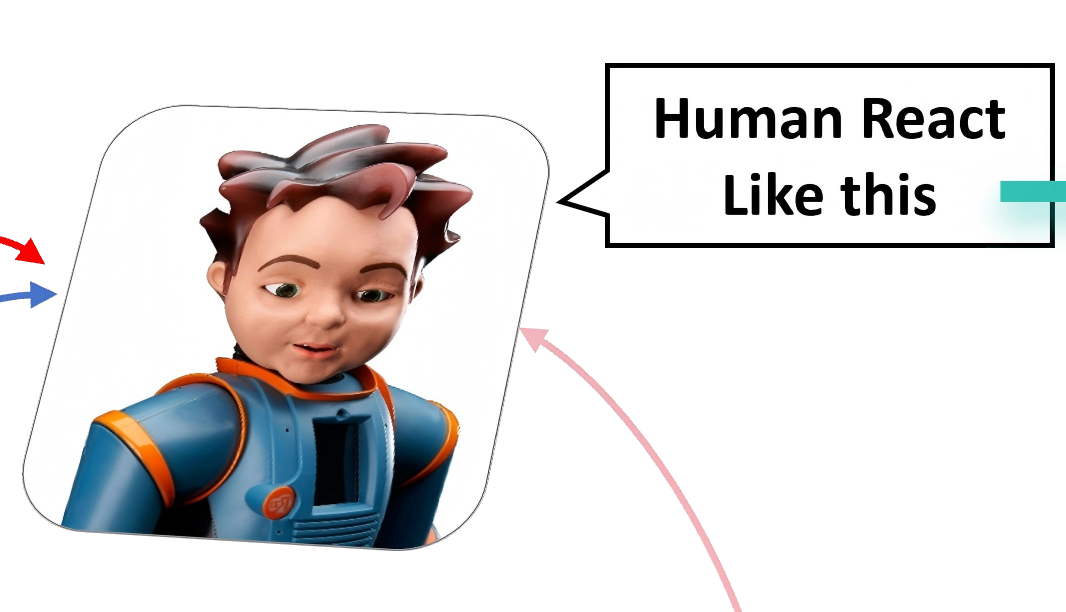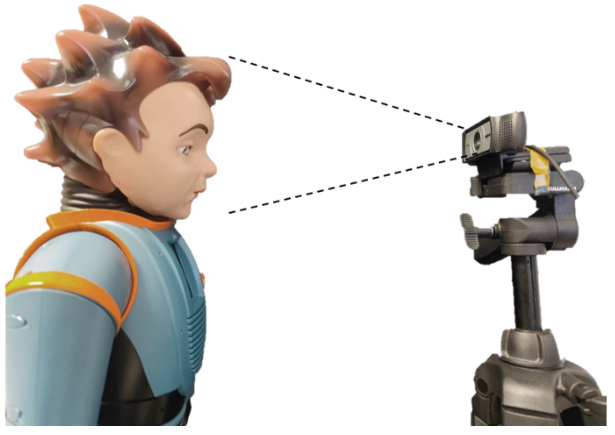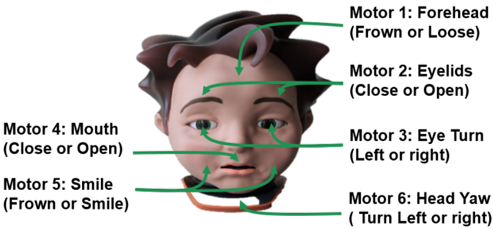
Dr. Zhegong SHANGGUAN
上官哲公
Research Associate
University of Manchester
Cognitive Robotics • HRI • Psychology
About Me
I am a Research Associate at the University of Manchester, specializing in cognitive robotics, human-robot interaction, and psychology. My research explores the development of human cognition, employing cognitive and developmental robotics approaches to investigate this process.
Currently, I am working on the ERC-funded e-TALK project under the supervision of Prof. Angelo Cangelosi at the Cognitive Robotics Lab.
I obtained my Ph.D. from ENSTA Paris, Institut Polytechnique de Paris, under the supervision of Prof. Adriana Tapus.





